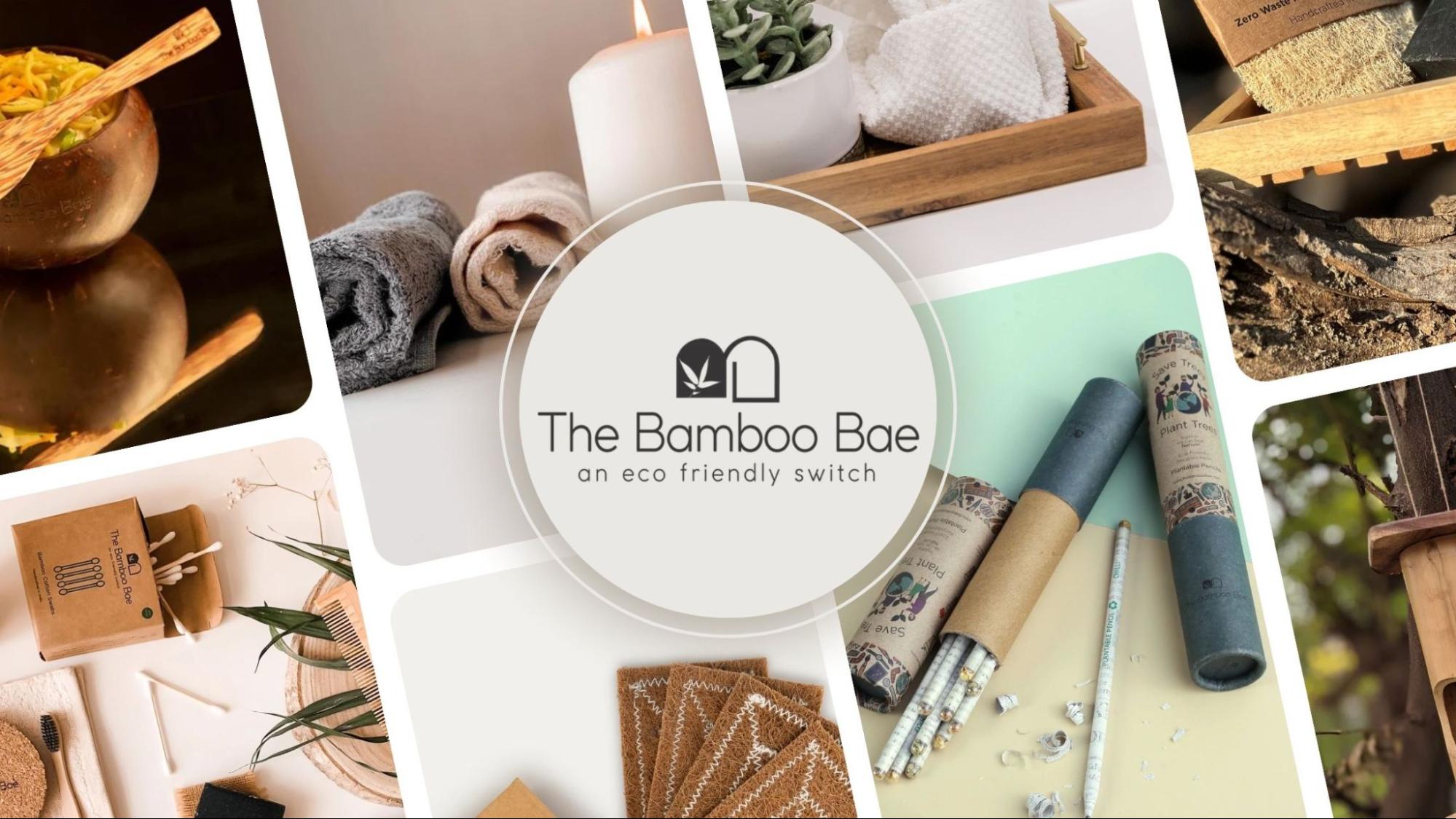Bamboo is a type of plant that grows really fast and is good for the environment. People are using bamboo to make lots of different things because it's easy to grow and doesn't harm the Earth. You can find bamboo in many products, like things for your personal care and stuff to decorate your home. The way bamboo is being used is changing how things are made in different industries, making them more eco-friendly and sustainable.
Latest Trends in Bamboo Products 2024:
1. Personal Care:
Bamboo is making its mark in the personal care range with products like bamboo toothbrushes, hairbrushes, and combs. These items are not only biodegradable but also gentle on the skin and hair.

2. Bamboo Skincare:
Bamboo extracts are being used in skincare products for their hydrating and soothing properties. Bamboo loofah scrubbers, bamboo towels and bamboo soaps are gaining popularity for their natural and eco-friendly appeal.

3. Eco-friendly Stationery:
Bamboo paper and stationery products are becoming increasingly popular among environmentally conscious consumers. Bamboo paper is not only sustainable but also durable and smooth, offering a unique writing experience.

Read: Bamboo Essentials: Must-Have Products for an Eco-Friendly Lifestyle in the UAE
4. Eco-Candles:
Bamboo candles are a sustainable alternative to traditional paraffin candles. These candles are often scented with natural oils and come in reusable coconut shell containers, making them an eco-friendly & toxic- free choice for ambient lighting.

5. Home Decor:
Bamboo is being used in various home decor items such as bamboo amplifiers, Bamboo Bird House, and wall art. Bamboo's natural aesthetic adds a touch of elegance and eco-friendliness to any home.

Read: What Are the Pros and Cons of Bamboo Straws?
6. Kitchenware:
Bamboo kitchenware, including Coconut Coir Cleaning Scrub Pad, coconut bowl, and tiffins, is becoming increasingly popular. Bamboo's natural antibacterial properties make it an ideal material for kitchen products.

Bamboo products are not only environmentally friendly but also stylish and innovative. As consumers become more conscious of their environmental impact, the demand for bamboo products is expected to rise. Embracing these latest trends in bamboo products can lead to a more sustainable and eco-friendly lifestyle.
Looking for the latest bamboo products that are not only thoughtful but also contribute to a greener planet? Thebamboobae.ae offers a range of eco-friendly bamboo products.
Check more eco-friendly products on our website!
FAQs
Q1. Why is bamboo considered a sustainable material?
Ans: Bamboo is considered sustainable because it grows quickly and doesn't require pesticides or fertilizers to grow. It can also be harvested without killing the plant, as it regrows from its roots.
Q2. Are bamboo products durable?
Ans: Yes, bamboo products are known for their durability. Bamboo is a strong material that can withstand daily use and last a long time if cared for properly.
Q3.Are bamboo products biodegradable?
Ans: Yes, bamboo products are biodegradable. This means that when they are disposed of, they break down naturally and don't harm the environment.
Q4. Are bamboo products more expensive than other materials?
Ans: Bamboo products can vary in price, but they are generally comparable to products made from other materials. The cost can depend on factors like the quality of the bamboo and the manufacturing process.
Q5.Are bamboo products safe for the environment?
Ans: Yes, bamboo products are safe for the environment. Bamboo is a renewable resource that grows quickly and can be harvested without causing harm to the environment. Additionally, bamboo products are often biodegradable, further reducing their environmental impact.


